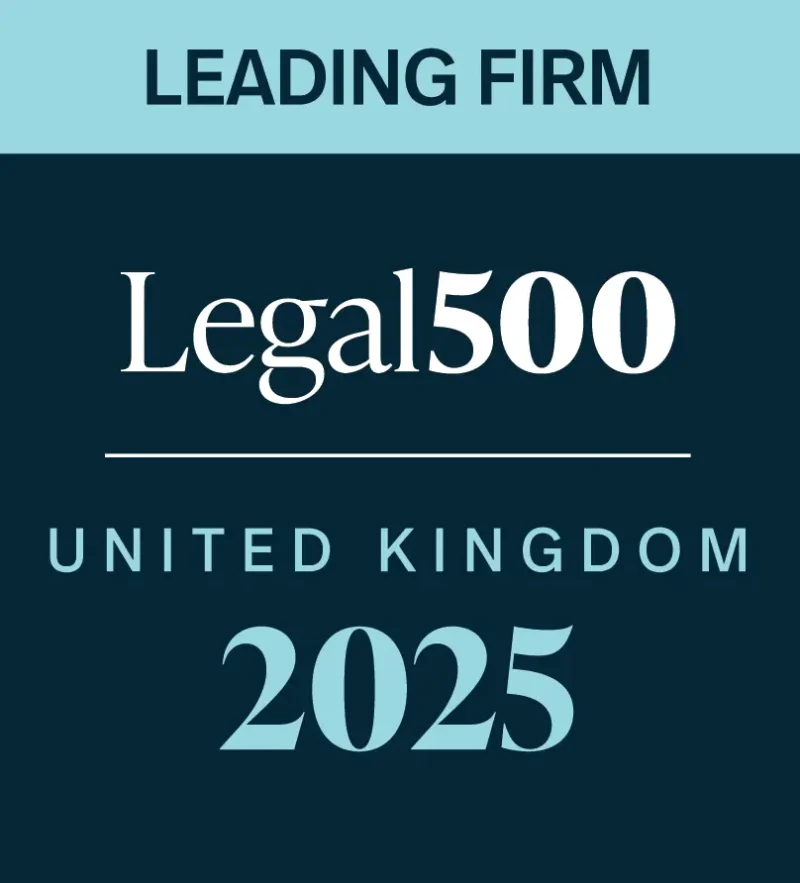Have you, or are you about to be registered on a DBS (Disclosure and Barring Service) Barred list?
We understand that being registered on the DBS can cause personal and professional difficulties.
The Disclosure and Barring Service is there to help employers make safer recruitment decisions. It maintains a list of people considered to be a risk to children and vulnerable people. It is obviously a good thing that children and vulnerable people are protected but it sometimes gets it wrong.
There are two lists, one is the Children’s Barred List, which contains a list of individuals who are banned from working with children. The other is the Adult’s Barred List, which contains a list of those banned from working with vulnerable adults, but it is possible for someone to be included in both lists.
HOW DO YOU END UP ON A BARRED LIST?
There are three ways that someone can come to the attention of the DBS.
- An automatic barring offence, known as autobar
- Disclosure
- Referral
Automatic or Autobar
If you have been convicted, or cautioned for a serious offence then the DBS will automatically consider you for immediate barring. You may not get the opportunity to make representations. The DBS are provided with this information from the Police National Computer.
Disclosure
This is when someone applies for an Enhanced DBS check (For example to work with children) and the check reveals information that results in one of the Barred Lists.
Referral
This is when someone such as an employer has concerns that someone has caused harm or has the potential to cause harm and reports the matter to the DBS.
You will usually be given an opportunity to avoid being included on the Barring List. Apart from as a result of some offences under the category of Autobar you will be sent a ‘minded to Bar’ letter. You will then be allowed to make representations as to why you should not be placed on the Barred List.
What information is included on a Barred List?
The list will contain details of both spent and unspent convictions, cautions, reprimands and warnings. It will also contain non conviction information, that is to say information even though someone has not been convicted or cautioned for an offence. It is sometimes called ‘police intelligence’. It could include information relating to someones mental health condition, an allegation made against them even if a jury find them not guilty or suspicion by the police of an offence even if not charged.
The police have guidelines as to what should be included and these are contained in the Statutory Disclosure Guidelines.
You may have been wrongly, or unfairly included on the Barred List, been notified that consideration is being given to including you on the Barred List or had inaccurate information included on the Barring List.
Forrest Williams DBS Solicitors can help get you justice and restore your reputation.
There are a number of ways DBS solicitors can help you.
If you have received a Minded to Bar Letter we can respond to this and persuade the DBS not to include you.
If you have already been included on the Barred List we can make a DBS appeal against this registration and apply to have you removed from the Barred List.
If you believe that the information on the Barred List is inaccurate we can apply to have it corrected.
If you are worried about inclusion on a barring list call us on 01623 397200 for free initial advice about your case.



